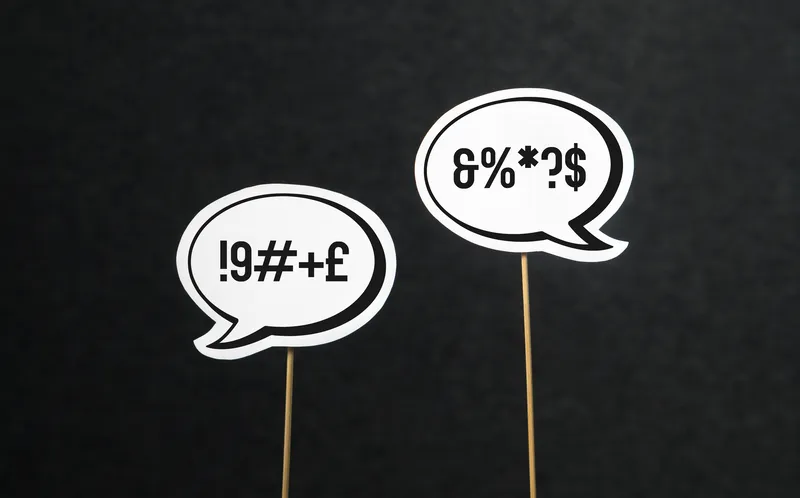Ella Taylor, head of innovation, connectivity and data, centre for connected and autonomous vehicles,
Opening the presentation, Taylor stated that changes in automation are not only affecting cars but are also creating new modes of transport. In addition, changes in business models are also enabling buses to pick passengers up along the way and to no longer be restricted to fixed routes.
Additionally, she highlighted that the transition to autonomous vehicles could also bring safety improvements and reduce 80% of accidents caused by human error, while electric vehicles have the potential to improve noise levels and help to enhance the quality of air.
Taylor added, however, that these changes may not be perfect for everybody and that you could end up increasing congestion on roads and that the air quality benefits will not be realised if the vehicles are not electric.
“We need to make sure that the technology is being developed with everyone in mind so that we don’t have to go back and go ahead with an expensive retrofitting solution and that then it does not become an excuse to not deliver the technology to the public.”
Secondly, Taylor Added that there is also a challenge on when the changes are going to occur and how people will respond to them.
The presentation explored what is currently being done and highlighted the four grand challenges outlined in the Industrial Strategy in which the UK has the potential to be world leaders. These included clean roads, the future of mobility, the ageing population and AI & data.
“Through stating that we are one of these grand challenges it is giving a strong message to industry that we really are passionate and that we will support them and we will work with them”, Taylor said.
The DoT will publish the future of urban mobility strategy, which recognises the changes in technology with plans to work collaboratively to develop them in line with its vision for transport. It also intends to publish A Road to Zero Strategy later this year.
A regulatory review is also being conducted with the intention of making regulations to encourage innovation, collaboration. Additionally, a consultation is currently looking at what drivers need to do to make sure they can use their car while using remote control parking assistance.
The final plan is to continue the work for the office of low emission vehicles to develop a self-sustaining ecosystem with two pots of money. The first is the intelligent mobility fund, which supplies products such as the driverless pods in Greenwich; while the second one is being used on test beds held in both public and enclosed environments.
“The way that we think that we can be successful is through collaboration and through offering a massive amount of talent across the industries required to make this a success. It’s about having insurance industries, security industries, banking industries all together being the selling point for the UK.”
Westminster: DoT’s Ella Taylor on transport changes and challenges
Ella Taylor, head of innovation, connectivity and data, centre for connected and autonomous vehicles, Department for Transport (DoT) addressed the changes in the transport ecosystem, and how the government hopes to address challenges at Westminster Energy, Environment & Transport Forum Keynote Seminar. Opening the presentation, Taylor stated that changes in automation are not only affecting cars but are also creating new modes of transport. In addition, changes in business models are also enabling
January 15, 2018
Read time: 3 mins









